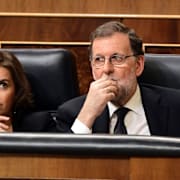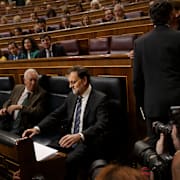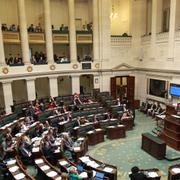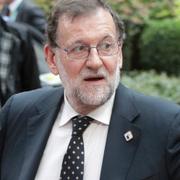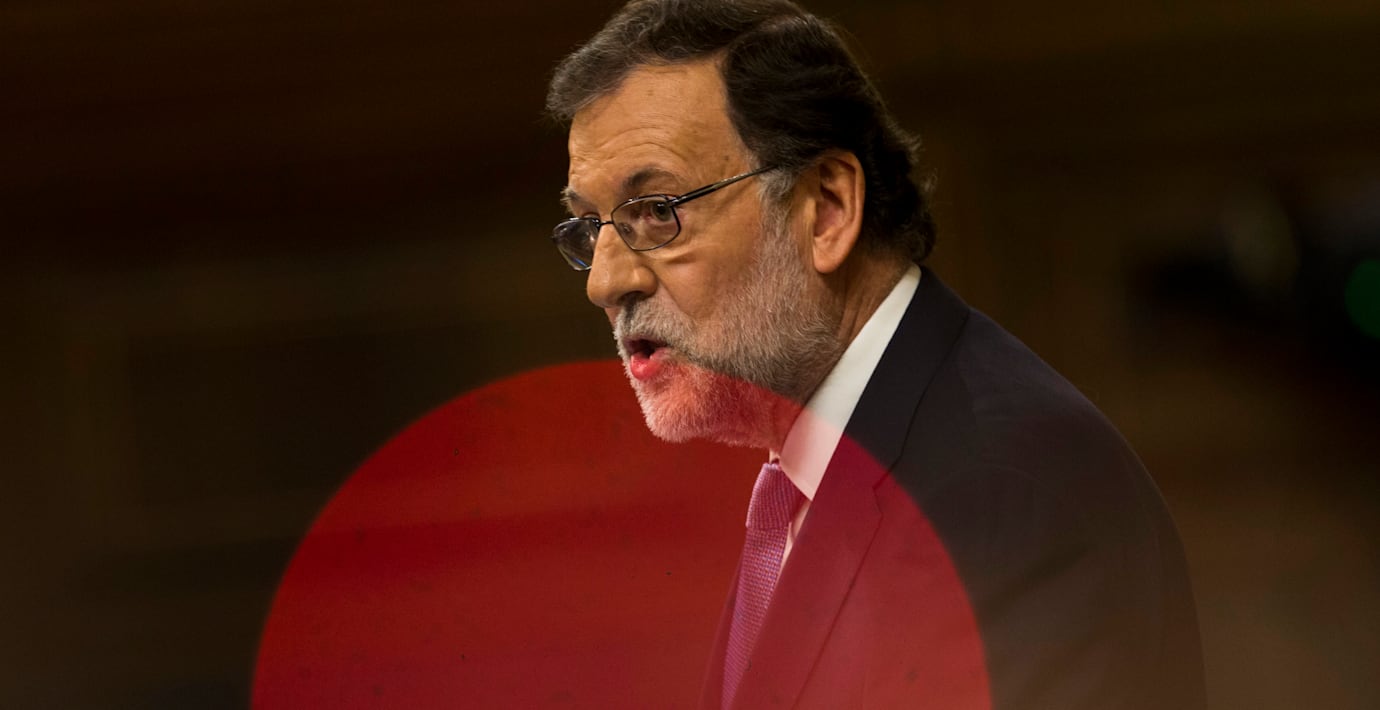
Spaniens ekonomi växte 3 procent utan regering
Trots att låsningen i Spaniens parlament har fått följden att landet saknar regering har landet en hygglig tillväxt, skriver CNN Money. De senaste 15 månaderna har landet haft en tillväxt på 3 procent vilket är en stark återhämtning sedan landets bankkris för fyra år sedan.
– Ekonomin har inte bara gått på autopilot, den har fått skjuts av att den fiskala politiken har varit mindre stram än den skulle ha varit, säger Stephen Brown, ekonom hos Londonbaserade Capital Economics, till CNN.
bakgrund
Styrs av övergångsregering efter politisk kris
Wikipedia (en)
The 2015 Spanish general election was held on Sunday, 20 December 2015, to elect the 11th Cortes Generales of Spain. All 350 seats in the Congress of Deputies were up for election, as well as 208 of 266 seats in the Senate.
After a legislature plagued by the effects of an ongoing economic crisis, corruption scandals affecting the ruling party and social distrust with traditional parties, the election resulted in the most fragmented Spanish parliament in its history. While Prime Minister Mariano Rajoy's People's Party (PP) emerged as the largest party overall, it obtained its worst result since 1989. The party's net loss of 64 seats and 16 percentage points also marked the largest loss of support for a sitting government since 1982. Opposition Spanish Socialist Workers' Party (PSOE) obtained its worst result since the Spanish transition to democracy, losing 20 seats and nearly 7 points. Newcomer Podemos (Spanish for "We can") ranked third, winning over 5 million votes, some 20% of the share, 69 seats and coming closely behind PSOE. Up-and-coming Citizens (C's), a party based in Catalonia since 2006, entered the parliament for the first time with 40 seats, though considerably lower than what pre-election polls had suggested.
Spanish minoritary parties were decimated, with historic United Left (IU), which ran in a common platform with other left-wing parties under the Popular Unity in Common label, obtaining the worst result in its history. Union, Progress and Democracy (UPyD), a newcomer which had made gains in both the 2008 and 2011 general elections, was obliterated, losing all of its seats and nearly 90% of its votes. At the regional level, aside from a major breakthrough from Republican Left of Catalonia (ERC), all regional nationalist parties lost votes, with the break up of Convergence and Union (CiU), support for the abertzale left EH Bildu coalition falling sharply, Canarian Coalition (CC) clinging on to a single seat and the expulsion of both Geroa Bai and the Galician Nationalist Bloc (BNG) from parliament; the latter of which had maintained an uninterrupted presence in the Congress of Deputies since 1996.
With the most-voted party obtaining just 123 seats—compared to the 156 of the previous worst result for a first party, in 1996—and a third party winning an unprecedented 69 seats—the previous record was 23 in 1979—the result marked the transition from a two-party system to a multi-party system. After months of inconclusive negotiations and a failed investiture, neither PP or PSOE were able to garner enough votes to secure a majority, leading to a fresh election in 2016.
Omni är politiskt obundna och oberoende. Vi strävar efter att ge fler perspektiv på nyheterna. Har du frågor eller synpunkter kring vår rapportering? Kontakta redaktionen
